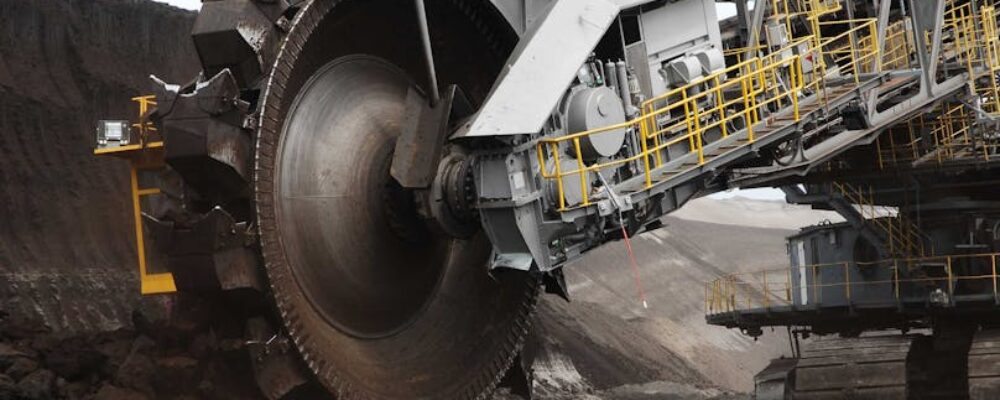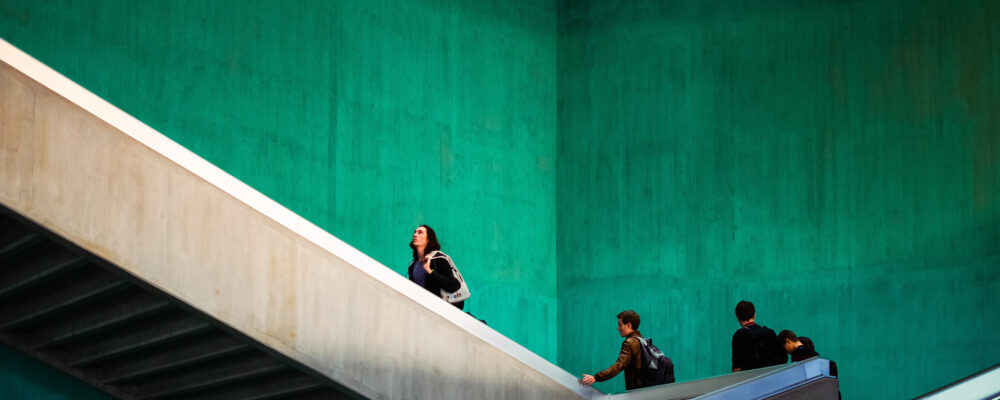Former Federal Minister of Finance Ueli Maurer described lowering the value exemption limit as a “mission impossible”. This is the maximum amount up to which foreign goods can be imported without paying VAT in Switzerland. The limit is currently at 300 francs per person per day. However, a reduction is expected to result in high administrative costs. The “Mission Impossible” saga includes seven films. At least as many times in recent years, representatives of the domestic industry have tried to lobby for a significant reduction in the value exemption limit. Two border cantons have even called for the value exemption limit to be abolished completely. They could now be at least partially successful, as the Federal Council is planning to cut the limit in half. In future, only products worth CHF 150 could be imported without paying VAT in Switzerland.
Only understandable at first glance
The demands of Swiss businesses, especially those near the border, are understandable at first glance. Swiss shopping tourists can not only import their goods within the value exemption limit without paying taxes, but also receive their foreign VAT back when they return to make another purchase across the border. The only requirement is the presentation of a stamped export certificate from the foreign customs office. The standard tax rate in Germany is 19 percent, in Austria and France 20 percent and in Italy even 22 percent. A VAT refund is therefore worthwhile. Shopping tourists thus benefit from an additional discount by legally avoiding VAT on both sides of the border.
Switzerland declares war on shopping tourism. (Adobe Stock)
But there is a catch: the neighboring countries have introduced de minimis limits, i.e. minimum amounts per receipt that are required to reclaim local VAT. In Germany this is 50 euros, in Austria 75, in Italy 155 and in France 175 euros. A purchase across the border of Geneva is therefore only worthwhile if more than 175 euros but less than 300 francs are spent.
If Switzerland lowers the duty-free limit from 300 to 150 francs, VAT might be paid double on purchases in France between 150 francs and 175 euros. Admittedly, this is a very special case and is probably of little interest to legislators. The message sent to shopping tourists is more important: their behavior is unacceptable. They are invited to do their shopping in Switzerland, just like the motto of the Swiss retail federation says: “Shopp Schwiiz – Hier lebe ich, hier kaufe ich” (“Shop Switzerland – I live here, I shop here”). The approximately CHF 8 billion spent abroad by shopping tourists causes harm to the economy.
Open, not closed markets
Instead of further sealing off the Swiss market by lowering the value exemption limit, it should be opened to the benefit of consumers. This includes the abolition of border protection for agricultural products, one of the main reasons for the high price level in Switzerland. According to the price level indices by the Federal Statistical Office, Swiss meat prices are 139 percent higher than the EU average, dairy products and eggs cost 54 percent more, and fruit and vegetables are a third more expensive. In order to discourage shopping tourists, strictly defined allowances for groceries already apply, in addition to VAT regulations. Anyone importing more than one kilogram of meat pays CHF 17 for each additional kilogram. A similar rule applies to dairy products. Only Kangaroo meat can be imported duty-free, but so far, their population in our neighboring countries has remained very low.
The fact that high domestic prices are not simply a given (wage and rental costs for retailers are often used as a justification) is shown by electronic products. Their price in Switzerland is 5 percent below the EU average. One reason could be that competition here is more intense than for everyday consumer goods: depending on the estimate, the two major distributors cover 70 to 80 percent of the domestic market alone.
As it seems politically impossible to abolish border protection for agricultural products or to change the structure of the food trade to increase competition, shopping tourism remains the only means of putting pressure on industry and politicians not to go overboard with domestic prices. In this respect, the crowds streaming out of the Basel tram number 8 to visit German shopping centers are doing a service to all consumers in Switzerland.
“Avenir Suisse is an independent think tank that works for the future of Switzerland by developing evidence-based, liberal, free-market ideas.”
Please visit the firm link to site





